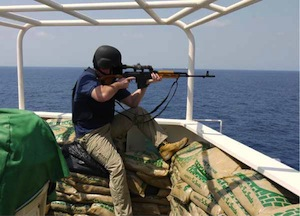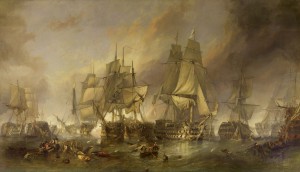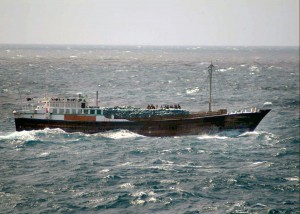Christian Bueger, Cardiff University
2016 marks the beginning of the transition of the counter-piracy response in the Horn of Africa. Many states have already significantly reduced their involvement in counter-piracy. Recent revisions of the counter-piracy architecture raise the question of what the future holds for the main coordination body, the Contact Group on Piracy off the Coast of Somalia (CGPCS).
Recently, the High Risk Area has been revised, which documents that international stakeholders are altering the approach they take to contain piracy. While the US-led Combined Maritime Forces (CMF) have announced in July 2015 to continue their operation, the mandates of the two other missions, NATO’s Operation Ocean Shield and the EU’s EUNAVFOR Atalanta, are under review. There are clear expectations that the EU will continue the mission in one form or another and maintain the Maritime Security Centre Horn of Africa, important for situational awareness in the area. These developments need to be seen against the backdrop of the assessment that no large scale piracy attack was successful since 2012. Notwithstanding, the threat of piracy in the region persists. This is clearly highlighted by the 2015 threat assessment of the military missions and further evidenced by recent reports of low scale hijackings and hostage taking attempts. Read more →





